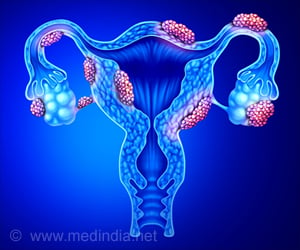A new study provides evidence that racial differences in the clinical presentation of breast cancer may be due more to biological factors rather than differences in access to healthcare.
A new study provides evidence that racial differences in the clinical presentation of breast cancer may be due more to biological factors rather than differences in access to healthcare alone. An analysis of breast cancer cases diagnosed in a managed health care system found that in patients with equal access to healthcare, Hispanic women were at significantly higher risk for being diagnosed with more advanced and more aggressive tumors and at a younger age than non-Hispanic women.
Previous studies have shown that the incidence of breast cancer, the most common cancer in women, varies according to race and ethnicity. For example, breast cancer is more common among Caucasian women compared to other races. However, Hispanic women present with more advanced disease and with cancers that have a worse outcome compared to other races. A growing body of evidence suggests that biological or genetic factors may explain these racial differences. Few studies, however, have fully controlled for healthcare access between Hispanic and non-Hispanic women with breast cancer.To study this question, investigators in Denver, from the University of Colorado Health Sciences Center and Kaiser Permanente Colorado, compared demographic and clinical characteristics of 139 Hispanic and 2118 non-Hispanic women diagnosed with breast cancer in an equal access healthcare system. The researchers found that even in the situation where utilization of healthcare services such as mammography and regular primary care physician visits was similar, Hispanic women presented with more aggressive disease and at younger ages than did non-Hispanic women. These differences persisted even with adjustments for socioeconomic status and the length of time enrolled in the system.
Hispanic women on average were diagnosed at a significantly younger age than were non-Hispanic women (56 years old versus 61 years old). After accounting for differences in age, Hispanic women were almost three times more likely to have been diagnosed with stage IV disease; and about two times more likely to have larger tumors with cellular characteristics that predict poorer clinical outcomes.
In this population of women with similar healthcare access and use, the authors conclude that “the persistent findings of earlier mean age at diagnosis, advanced state, poorer grade, larger tumor size and fewer cases with estrogen receptors may suggest that true biological differences exist in breast cancer by ethnicity”.
Source-Eurekalert
SRM











